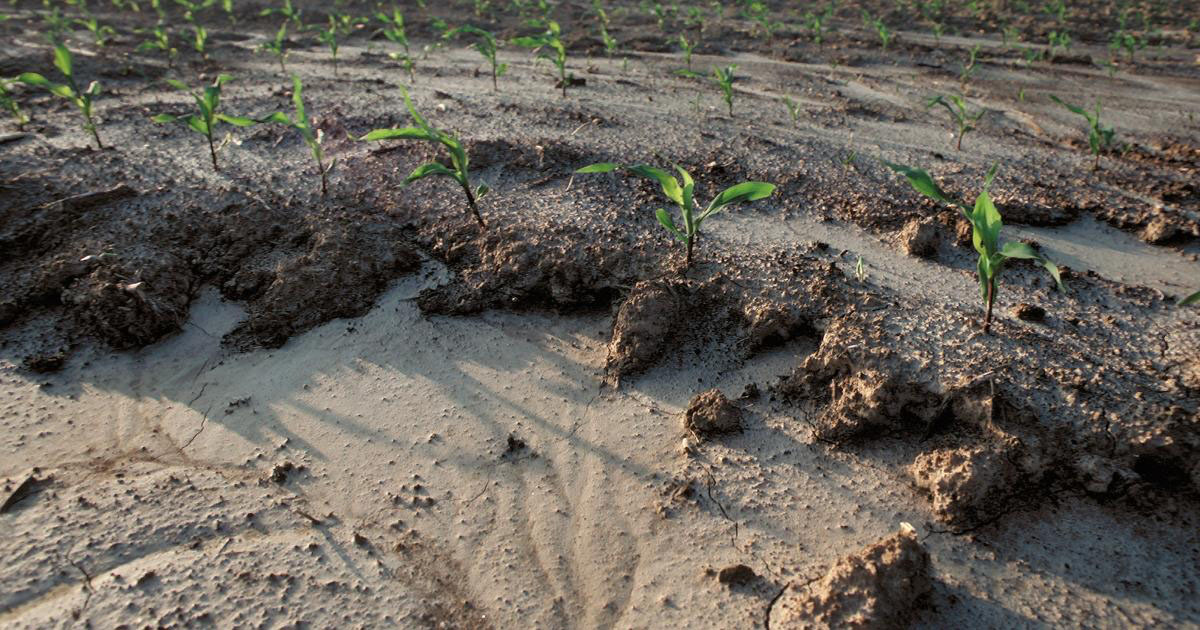In a world driven by green movements trying to curb the production of waste and greenhouse gases (GHG), the sight of a landfill on agricultural land may be taboo, especially when most waste disposed of in the landfill is reusable or recyclable.
In South Africa only 10 % of waste is recycled whilst the other 90% is landfilled or illegally dumped. With the overwhelming majority of waste being landfilled countrywide, South Africans are obligated to prevent pollution from landfill sites – landfills are governed by the National Environmental Management Waste Act of 2008 (NEMWA for short). Landfill sites smaller than 50 m2 are required to adhere to the “duty of care” principles, namely:
The site should be situated outside a watercourse and above the 1:50 year flood line.
It should be adequately fenced, locked, and marked with relevant warning signs.
It should not overlie an area with shallow of emergent water tables.
The waste should not cause any nuisance conditions.
It should be in previously disturbed areas (i.e., virgin soil should not be used as a location for a landfill site).
Overall, the requirements for landfill management in South Africa are designed to ensure that waste is managed in an environmentally sound manner, with appropriate measures taken to minimize the detrimental impact of waste on the environment and human health. Larger landfills have potentially greater risks to the environment and may require a Waste Management License as indicated by the National Environmental Management Act of 1998 (NEMA). These landfills would fall into the following parameters:
The treatment of general waste using any form of treatment at a facility that has the capacity to process > 10 tonnes, but < 100 tonnes of waste.
The disposal of general waste to land covering an area > 50 m2, but < 200 m2 and with a total capacity not exceeding 25 000 tonnes.
Become part of the solution
Through the implementation of the SIZA Digital Recordkeeping program, the percentage of waste recycled can be monitored and promoted. By keeping track of your own waste, management can track and make informed decisions about waste management practices, leading to a reduction of waste being landfilled. This is of immense importance as waste from landfills can contribute to air pollution through the emission of carbon dioxide due to fires and methane build-up, water pollution due to percolation through the waste, and soil pollution due to the leaching of harmful substances originating from landfills, to name a few.
Distributed by: SIZA
Written by: Reginald Scholtz (SIZA Environmental Specialist) reginald@siza.co.za

